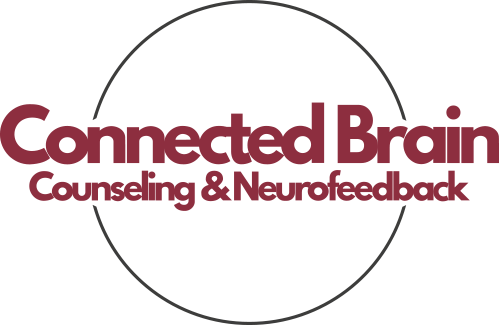Emotional Detachment vs. Emotional Attachement
One of the most significant psychological effects of friends with benefits is the challenge of maintaining emotional detachment. The arrangement is often based on the premise that both parties will engage in physical intimacy without developing deeper emotional connections. However, this is easier said than done. Emotional attachment can develop naturally over time, especially as physical intimacy often fosters closeness and vulnerability.
For some, the realization that they are becoming emotionally attached to their FWB can lead to internal conflict and confusion. They may struggle with unreciprocated feelings, leading to feelings of rejection or inadequacy if the other person does not share the same sentiments. On the other hand, those who successfully maintain emotional detachment might still face challenges, such as feeling lonely or unfulfilled by the lack of deeper connection.
Impact on Self-Esteem
The psychological effects of friends with benefits can also extend to one’s self-esteem. For some, the casual nature of FWBs can boost confidence, offering validation without the pressures of a committed relationship. However, others may experience the opposite effect. If the relationship lacks clear boundaries or if one party feels undervalued, it can lead to feelings of worthlessness or being used.
In some cases, individuals might compare themselves to others, questioning why they are “only” a FWB and not deemed worthy of a more committed relationship. This comparison can erode self-esteem and lead to negative self-perception.
Complications in Friendship
FWBs inherently blur the lines between friendship and romantic involvement, which can complicate the original friendship. The psychological effects of friends with benefits often include the risk of damaging the friendship if the arrangement ends poorly. Feelings of jealousy, insecurity, or unmet expectations can arise, making it difficult to return to the platonic relationship that existed before.
Moreover, the dynamic shift can lead to misunderstandings or changes in how the individuals relate to each other in social settings. If one person begins dating someone else, it might lead to tension or awkwardness, further complicating the friendship.
 Anxiety and Uncertainty
Anxiety and Uncertainty
Another psychological effect of friends with benefits is the anxiety that can stem from uncertainty. Since FWBs typically lack clear guidelines or future expectations, individuals may find themselves unsure of where they stand or what the relationship means. This uncertainty can cause anxiety, especially if one party desires more commitment while the other does not.
The absence of communication about feelings and expectations can exacerbate this anxiety, leading to overthinking and stress. The fear of losing both the friendship and the benefits if the relationship dynamic changes can also weigh heavily on individuals.
Navigating Friends with Benefits Responsibly
While the psychological effects of friends with benefits can be challenging, they can be mitigated through open communication and self-awareness. Here are some tips for navigating an FWB relationship responsibly:
- Set Clear Boundaries: Establish clear boundaries at the outset to avoid misunderstandings. Discuss what is and isn’t acceptable in the relationship, and revisit these boundaries as needed.
- Communicate Openly: Regular communication is key to managing expectations and addressing any emotional changes that may occur. Be honest about your feelings and encourage your partner to do the same.
- Know Yourself: Understand your own emotional needs and limits. If you find yourself developing feelings, consider whether the FWB arrangement is still right for you.
- Respect the Friendship: Prioritize the original friendship, and be mindful of how the FWB dynamic might affect it. If the arrangement begins to cause strain, it may be time to reassess or end the benefits aspect.
Friends with benefits can offer a unique and flexible relationship dynamic, but they also come with potential psychological effects that shouldn’t be overlooked. Understanding these effects and taking proactive steps to manage them can help you navigate an FWB relationship more healthily. If you find yourself struggling with the emotional complexities of a friends with benefits arrangement, don’t hesitate to seek professional guidance.
- “The Psychological Impact of Friends with Benefits Relationships,” Psychology Today. According to Psychology Today, friends with benefits relationships can lead to various emotional challenges, including difficulties in maintaining detachment and self-esteem issues.
- “Friends with Benefits: What You Need to Know,” Healthline. This article discusses the potential psychological effects of friends with benefits relationships and provides insights into managing these dynamics.
- “The Risks and Rewards of Friends with Benefits,” Verywell Mind. Verywell Mind explores the psychological risks associated with friends with benefits relationships, including self-esteem and emotional attachment issues.
If you’re experiencing psychological challenges in your friends with benefits relationship, contact Connected Brain Counseling for a free consultation. Our experienced therapists can help you navigate your feelings and offer support in managing your relationships effectively.





